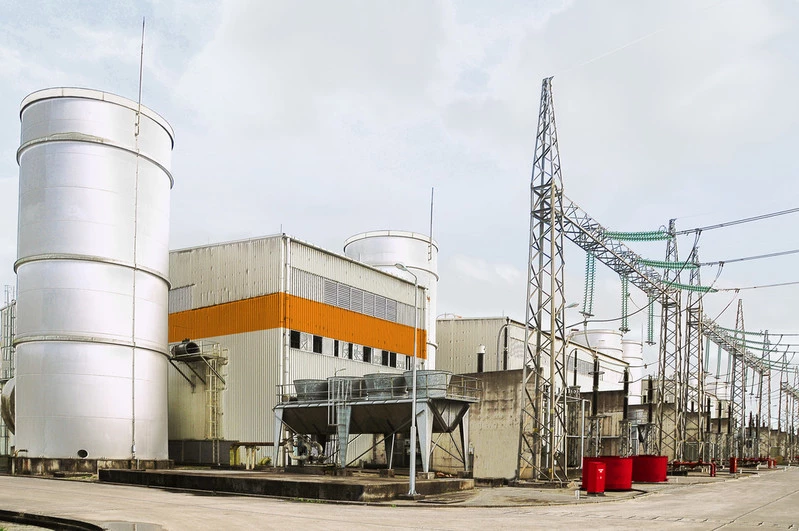It was a rare commendation from the Red Chamber of the National Assembly. Though the Senate, on Tuesday, still blamed the hiccups in the power sector to lack of coordination among players responsible for power administration in the country, the thumbs up for two Generating Companies (GenCos) – Transcorp Power and Geregu Power, stakeholders agreed, represented hope and something to cheer in the sector.
The Senate Committee on Power, at the just-concluded three-day investigative hearing on the power sector recovery plan, submitted that only two of the six privatised GenCos- Transcorp Power and Geregu Power – met the performance targets set by the Bureau of Public Enterprises (BPE).
The Chairman of the committee, Gabriel Suswam, said: “We have listened to presentations from the government side and the operators and we have seen that there is no alignment anywhere and that is the problem.
Once there is an alignment and proper coordination, there will be sanity and progress. Out of six GenCos privatised, only two of them are performing.”
The Director-General of Bureau of Public Enterprise (BPE), Alex Okoh, noted that only Transcorp Power and Geregu Power met their respective minimum performance targets set for them in 2013, while the other four GenCos did not meet their targets for various reasons.
“Transcorp Power surpassed the five-year performance agreement target of 670 megawatts (mw) set by the BPE at the handover of Ughelli Power by achieving 680.83mw.
By 2024, it expects to generate 2,500mw by the acquisition of Brownfield Thermal Projects, the expansion of the existing TPL Plant and greenfield renewable energy projects which, all together, add up to 25 percent of the power generated within the country,” he said. Geregu Power on the other hand achieved 435mw from its 414mw at handover.
Okoh, in his presentation, revealed the key statistics of the power sector before 1999. For instance, prior to the commencement of civilian rule in 1999, it was discovered that only 17 of the 79 generation units were operational with an average daily generation nationwide of 1,750MW as at then.
He also revealed that investments made in the power sector was highest in 2001 with over $400 million, while no investment funding was provided for the sector for seven years —1989 and 1995.
Other key revelations at the hearing were that the Nigerian Electricity Supply Industry (NESI) has glaring huge challenges which made the presentation conclude that the sector is not commercially viable.
The presentation noted the challenges of GenCos to include liquidity, inadequate gas supply, weak transmission infrastructure and foreign exchange procurement.
Overall, it was noted that GenCos’ percentage increase in available capacity from privatisation was 78 percent, representing a shortfall of 22 percent below their collective targets.
Suswam urged the ceasation of the blame game pervading the sector. He said once there was an alignment and proper coordination, and assurances that GenCos could generate 13,000mw, transmission could transmit, at least 10,000mw while Distribution Companies (DisCos) could absorb the 10,000mw and proper tariff, the sector would become solvent.
“Once there’s money in the sector, other potential investors will come in. The banks will be able to also put in more money, so that the sector will begin to run on its own.
But where we are now, it will be unthinkable that government will stop providing the intervention. Once that stops, everything will collapse.
We are spending huge amount of money paying for debt that is already owed. We must begin to focus on how to address the issue of infrastructural deficits in the power sector.
Let’s spend money on metering. Let’s at least meter about 80 percent of those connected to the networks; then we would be able to collect enough money to make the sector liquid,” Suswam said.
Originally published by The Nation
